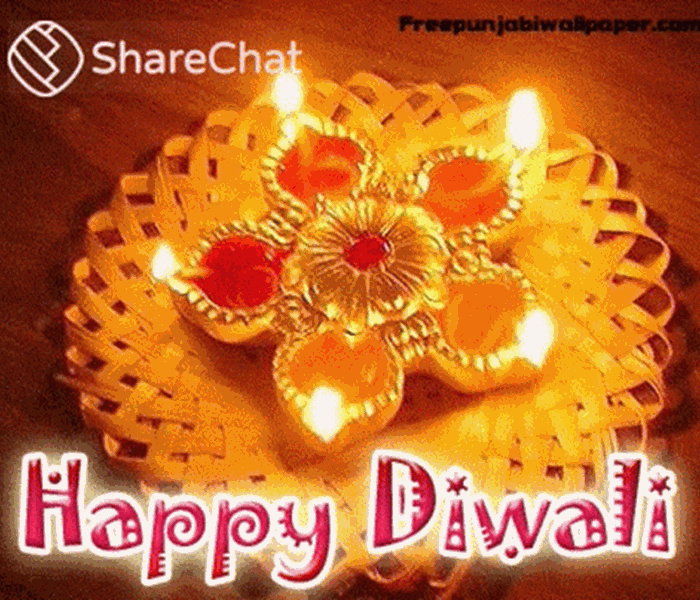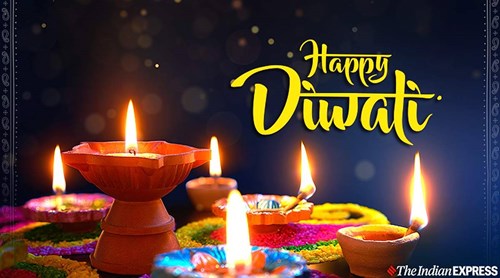
We asked one of our colleagues what Diwali meant to her family:
So, as I am a Hindu, I'm pleased to share what how Diwali is celebrated. Diwali, it is one of the most popular festivals we celebrate. Its equivalent to Christmas for Christians. Obviously like Christmas there are lots of food and sweets and family gatherings and parties involved in the festival. But that is just the commercial part to celebrations. In 2020, Diwali will begin on Saturday 14th November.
Why do we celebrate Diwali?
Spiritually - Its the "victory of light over darkness, good over evil, and knowledge over ignorance" It is the celebration of light, making a fresh start, and new beginnings. Diwali in some Indian cultures marks the start of our new year, enabling us to make plans for a new start. It is the hope of good things to come with patience and end of sorrows.
Mythologically - For Hindus, its celebrated to honor the victory of Lord Rama over King Ravana (King of Demons) and his return back home after an exile of 14 years. Lord Rama was a prince who was exiled into the forest by his step mother and he was accompanied by his wife and brother. His wife was abducted by King Ravana and Lord Rama fought and freed his wife after a long battle. His return was celebrated by the people making lots of sweets, savouries, dancing and lining the streets with lamps. Different religions have different mythological tales.
Scientifically Diwali marks the beginning of the winter season. And all throughout the rainy days, it is believed that many insects find a home around us and make things difficult for people. Burning the lamps would also burn away the insects around people and the bacteria in the air.
The significance of Fireworks in Diwali: The only reason the fireworks were burst was to celebrate, but mainly, it was thought that with the loud noise of the fireworks, any bad spirits or negativity would be dispersed away.
How do we celebrate Diwali?
As with all things connected to us Indians, we celebrate over a few days 😊. Diwali is celebrated differently by people from different regions of India but traditionally Diwali is a 5 day celebration.
As Diwali approaches, we spring clean our homes, de-clutter and make space for new things both materialistic as well as spiritual in our lives. Two days before Diwali, we start to light the small lamps or candles in our homes and decorate the homes to prepare for guests to visit. In the Hindu culture, the guests are treated as most important and in the days leading to Diwali, there are special welcome decorations done. One of them is the ‘Rangoli’ which is a form of free hand art that is done using loose coloured sand, flowers or anything creative and colourful. The main guest we welcome first is the Goddess of Peace and Prosperity known as Laxmiji.
Shopping for new things for the home, new clothes for the 5 days and variety of sweets and savories are made at home. These celebrations continue and on the Diwali day, when the younger children seek blessings from the elders in the family, sweets are exchanged and youngsters benefit from gifts too. The day after Diwali is the New Years Day. According to the Hindu Calendar, we would be starting the Year 2077. For businesses the books are balanced and accounts closed on the day so as to start with new books and new beginnings in the new year. On this day, we start with going to the temple, and people visit each other’s homes, and share sweets and wish each other a happy new years.
The day after the new year is a celebration of siblings day called ‘Bhai Duj’ where brothers visit their sisters and sisters feed their brothers sweets and pray for their protection. This marks the end of the Diwali fest of 5 days.
At Co-op Homes we embrace all our different cultures and are passionate about sharing and celebrating events which mean a lot to our diverse customer base. We are pleased to be able to tell you about this wonderful festivity that means so much to our residents who celebrate Diwali.
